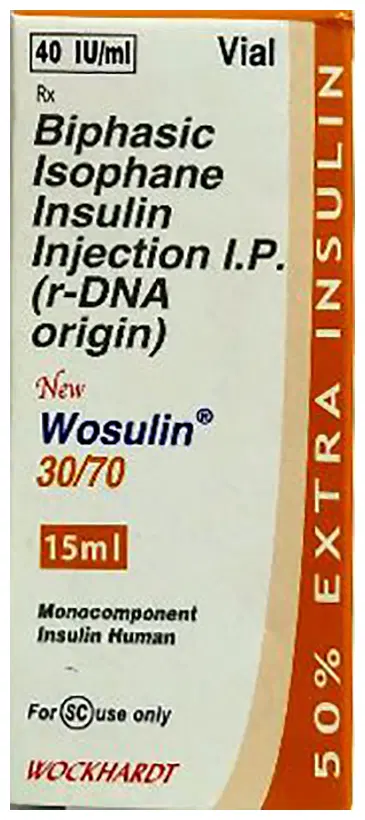Natalizumab
Natalizumab is a monoclonal antibody that selectively binds to the alpha-4 subunit of the integrin heterodimer, specifically the alpha-4 beta-1 (VLA-4) and alpha-4 beta-7 (VLA-4) integrins. This action results in the inhibition of lymphocyte trafficking into the central nervous system (CNS), thereby reducing inflammation and disease activity in multiple sclerosis (MS).
Natalizumab, marketed under the brand name Tysabri, is used in the treatment of relapsing forms of multiple sclerosis (MS), including clinically isolated syndrome (CIS), relapsing-remitting MS (RRMS), and active secondary progressive MS (SPMS). It is a disease-modifying therapy (DMT) indicated for patients who have had an inadequate response to, or are unable to tolerate, other MS therapies.
The medication is typically administered as an intravenous infusion every four weeks. It has shown to significantly reduce the frequency of clinical relapses and delay the accumulation of disability in MS patients. Natalizumab can also be used in combination with other therapies, such as interferon beta, to further enhance its efficacy.
However, be aware of the potential risks associated with the use of Natalizumab, particularly the rare but serious risk of progressive multifocal leukoencephalopathy (PML), a severe viral infection of the brain caused by the JC virus. Patients with a history of PML should not receive Natalizumab. Additionally, patients should be monitored for signs and symptoms of infections, including herpes simplex, varicella zoster, and opportunistic infections, as these can be more severe in patients on Natalizumab.

Showing the single result
Showing the single result

